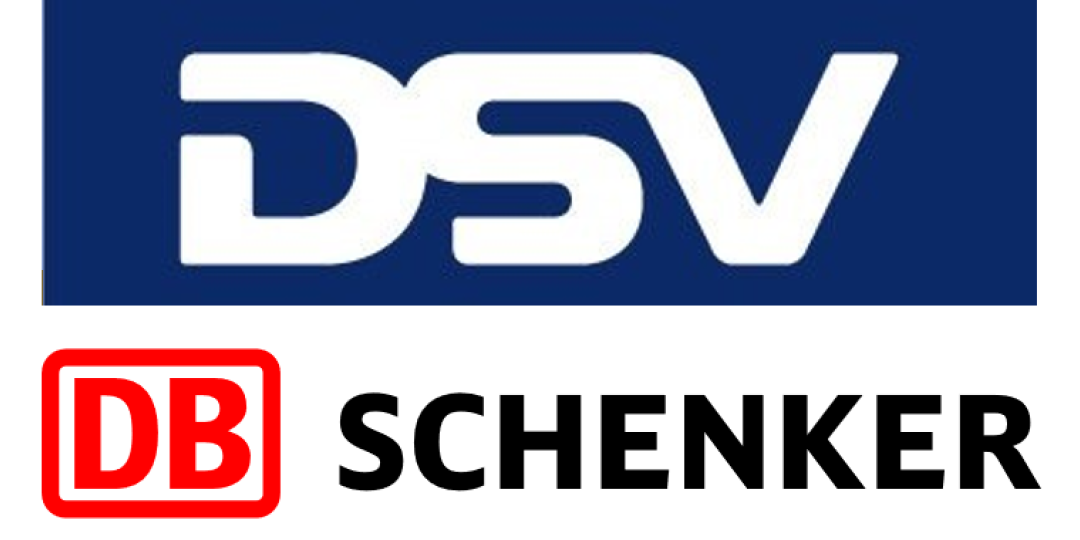Reactions continue to pour in from the global freight forwarding industry following the acquisition by DSV of Schenker, the logistics arm of German state rail operator Deutsche Bahn for €14.3 billion ($15.85bn).
According to Associated Press (AP) the acquisition will be the biggest by a Danish company and, according to DSV, propel it above fellow dominant players, DHL Logistics and Swiss group, Kuehne + Nagel.
Although the deal would give DSV an edge in both volume and revenue, it would still only give the group between 6% and 7% of a highly fragmented global logistics market, AP reported.
A statement issued by DSV said: “The reach of the combined company will strengthen the organisation’s competitiveness and provide access to new markets in a very dynamic and competitive industry.
“Together, DSV and Schenker will have an expected pro forma revenue of approximately €39.3 billion (based on 2023 numbers) and a combined workforce of approximately 147 000 employees in more than 90 countries.”
Naturally, the executives at the helm of the two entities are singing the acquisition’s praises.
Schenker CEO, Jochen Thewes, said: “DB Schenker is one of the most powerful and innovative teams in transportation and logistics with more than 150 years of experience.
“The recent years have been the most successful in our company’s history and we have proven that DB Schenker is fit for the future. We are excited about the future prospects of the combined business.
“Together with DSV, our goal is to transform the industry and build a truly global market leader with joint European roots for the best of our employees and our customers.”
DSV said the acquisition of Schenker would strengthen its global network and capabilities.
“In addition to greater reach and better opportunities to serve its customers, the acquisition strengthens DSV's platform for growth and the development of a more sustainable and digital transport and logistics industry.”
Deutsche Bahn CEO, Richard Lutz, said: “The sale of DB Schenker to DSV marks the largest transaction in DB's history and provides our logistics subsidiary with clear growth prospects. It has been important for us to find a strong partner for Schenker and a long-term home for the employees of the company.”
Analysts at the world’s largest investment banker, JPMorgan, reacted positively to the acquisition, predicting significant synergies that could drive multi-year growth for DSV. They expect the deal to enhance DSV's stock potential significantly.
One source of opposition to the acquisition is Vereinte Dienstleistungsgewerkschaft (Verdi), a major German trade union.
The 19-million-member-strong Verdi said the ‘take over’ by DSV would most certainly result in job losses, a fear confirmed by several DB Schenker employees taking to social media to express their concerns.
DSV, though, has committed to investing €1 billion in Germany over the next 3-5 years and has pledged that the combined workforce in Germany will exceed current levels within five years.
The freight forwarder said: “Germany will be a key market for DSV with a substantial impact on the future organisation.
“Various central functions will stay in Germany, including at the Schenker location in Essen. DSV expects to grow in Germany and plans EUR 1 billion investments in Germany in the next 3-5 years.
“The investments will contribute to long-term growth and job creation, as well as promoting modern and attractive workplaces. It is anticipated that five years from now, the combined organisation will have more employees in Germany than Schenker and DSV have today.”













